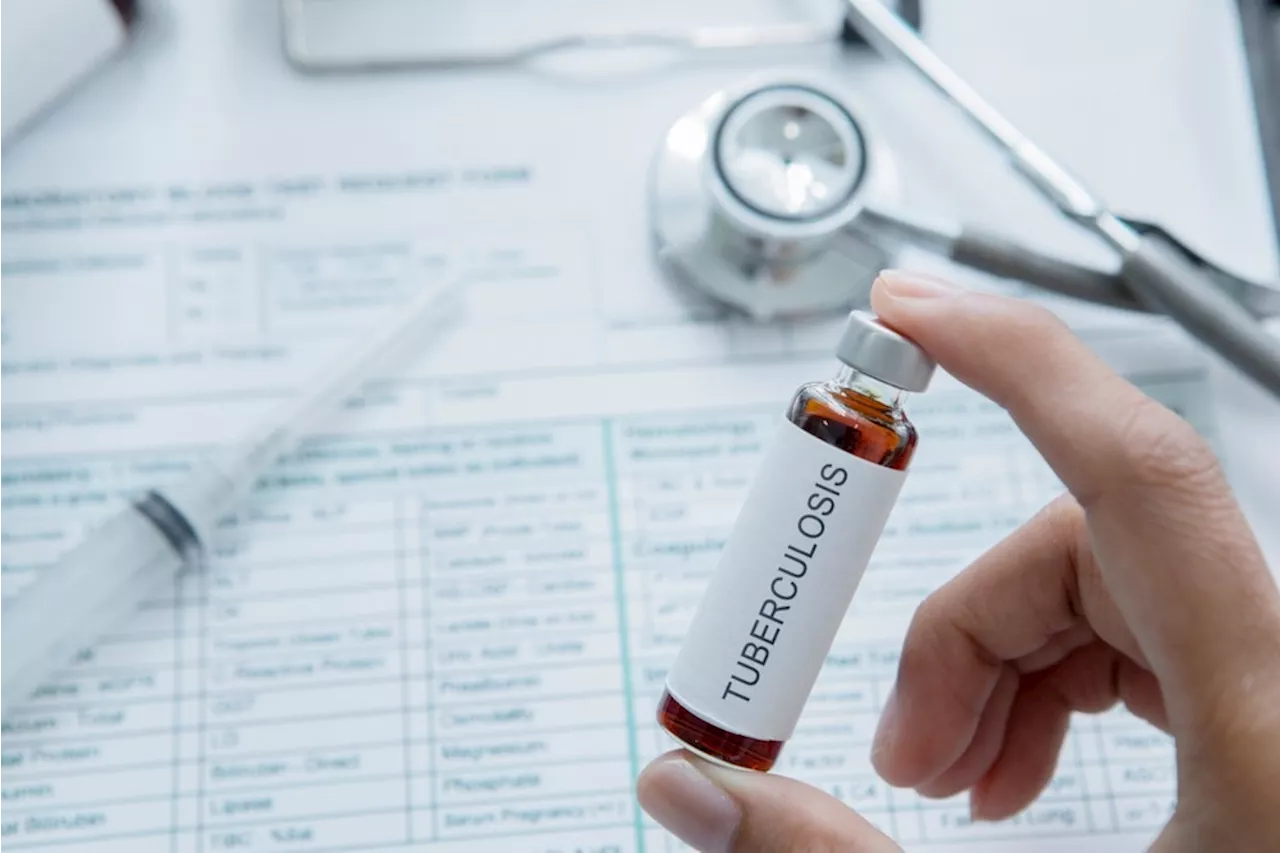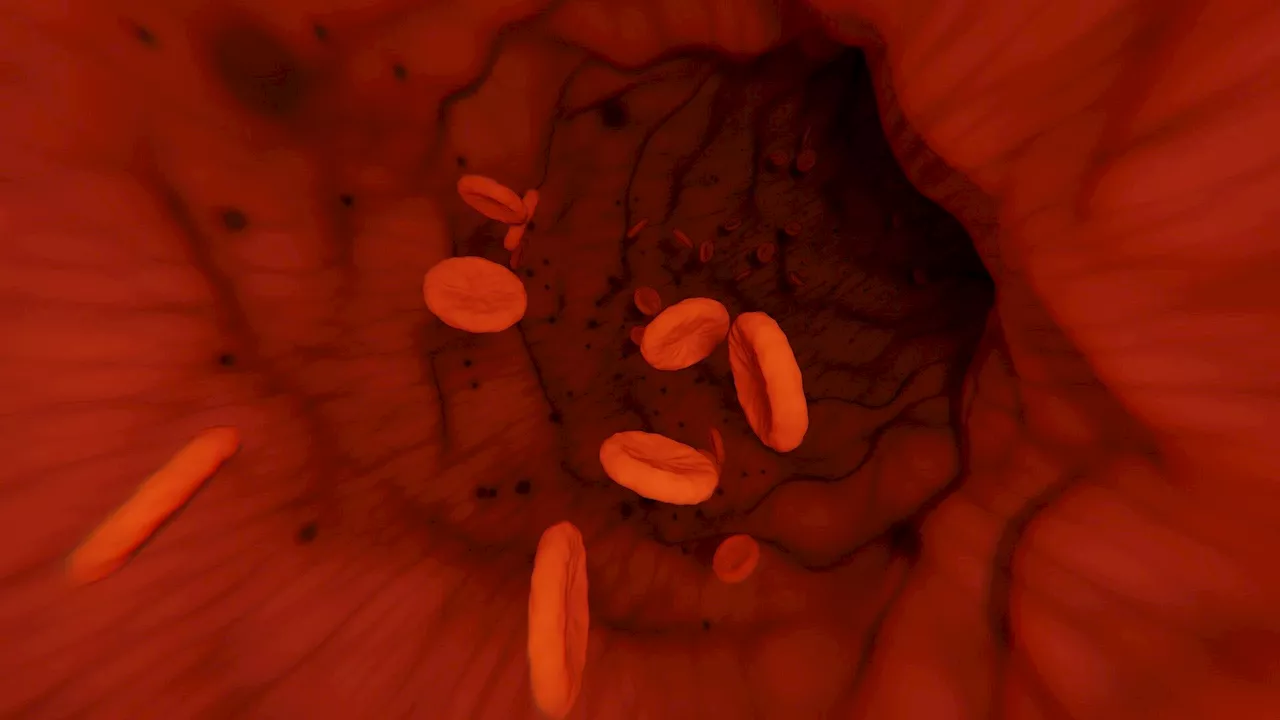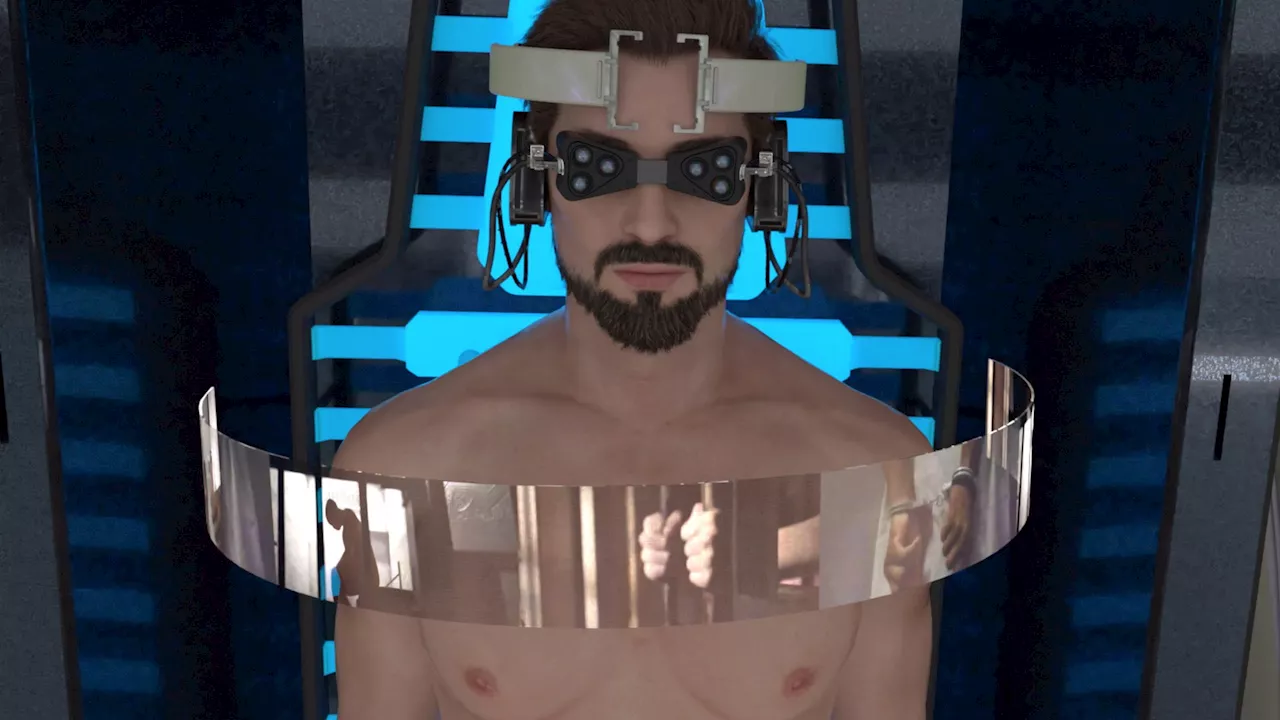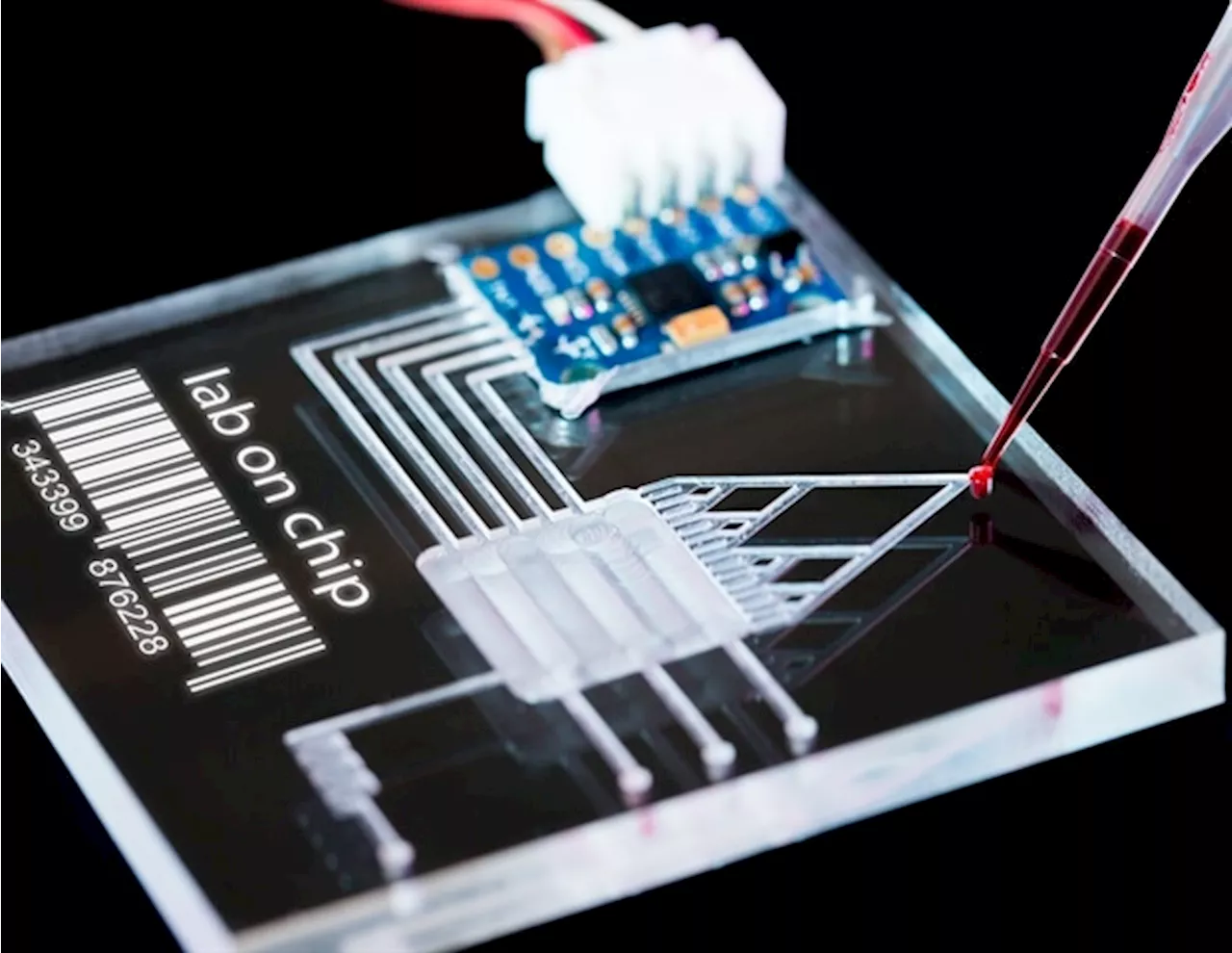Improving human quality of life with drug treatments is a complicated issue. Drug certification, including drug safety and reliability, entails a long series of tests and government approvals before the drug is available for anyone to use.
Virginia TechJul 22 2024
Therapeutics fail in clinical trials because they can't cross the blood-brain barrier. The reality is that the devices that have been created in a lab don't work and they allow too much to pass through. This gives false information that molecules can get through, and when you get into a clinical trial, the drugs fail because the human brain conditions haven't been properly duplicated.
Synthetic devices and living cells Schultz and Davalos have already collaborated on new methods for 3D printing medical devices using materials that had been problematic in drug trials up to that point. In phase one of this project, they devised a way to 3D-print polydimethylsiloxane , a silicone polymer that could be used to mimic the blood-brain barrier. That project received $173,000 from the NIH.
After seeing success in the first phase, Schultz and Davalos saw possibilities in expanding the project. Amrinder Nain had expertise and tools ready for the task and had previously collaborated with Davalos. "What's really nice about using Amrinder 's fiber network is that it's so thin, you can have cells on either side that can communicate," said Davalos. "This creates tight junctions between cells to prevent therapeutics from passing through."
Blood Brain Clinical Trial Drugs Hospital Medical School Membrane Microfluidics Technology Therapeutics
South Africa Latest News, South Africa Headlines
Similar News:You can also read news stories similar to this one that we have collected from other news sources.
 Diabetes drug reduces drug resistance in lung cancer, improving chemotherapy effectivenessA medication used to treat diabetic neuropathy may make chemotherapy treatments more effective for patients with lung cancer, according to new findings from the University of Missouri School of Medicine published in Clinical Cancer Research.
Diabetes drug reduces drug resistance in lung cancer, improving chemotherapy effectivenessA medication used to treat diabetic neuropathy may make chemotherapy treatments more effective for patients with lung cancer, according to new findings from the University of Missouri School of Medicine published in Clinical Cancer Research.
Read more »
 Enhancing TB Vaccines with NanotechnologyNanotechnology enhances TB vaccines by improving drug delivery, targeting, and immune response, offering hope against drug-resistant TB strains.
Enhancing TB Vaccines with NanotechnologyNanotechnology enhances TB vaccines by improving drug delivery, targeting, and immune response, offering hope against drug-resistant TB strains.
Read more »
 A potential game-changer for emergency medicine: Synthetic plateletsImagine being a paramedic treating a trauma patient who's bleeding severely. You know your patient's life is in danger, but there's not much you can do because the patient needs an infusion of blood containing platelets. Platelets encourage clotting, help stop bleeding, and are critical in emergencies like this.
A potential game-changer for emergency medicine: Synthetic plateletsImagine being a paramedic treating a trauma patient who's bleeding severely. You know your patient's life is in danger, but there's not much you can do because the patient needs an infusion of blood containing platelets. Platelets encourage clotting, help stop bleeding, and are critical in emergencies like this.
Read more »
 Eerie implant aims to cut prison time down to MINUTES by downloading memories and remorse into offenders’ b...Eerie implant could be used by future prisoners to induce remorse and watch synthetic memories
Eerie implant aims to cut prison time down to MINUTES by downloading memories and remorse into offenders’ b...Eerie implant could be used by future prisoners to induce remorse and watch synthetic memories
Read more »
 Barcelona's F1 race is improving, but is it too little too late?With the Spanish Grand Prix's move to Madrid looming on the horizon, Barcelona is leaving no stone unturned to save its often-criticised Formula 1 race
Barcelona's F1 race is improving, but is it too little too late?With the Spanish Grand Prix's move to Madrid looming on the horizon, Barcelona is leaving no stone unturned to save its often-criticised Formula 1 race
Read more »
 Improving advanced care planning for late-stage cancerMultilevel care interventions improved clinician–documented advanced care planning (ACP) compared with a clinician-level intervention alone for patients with genitourinary cancer, according to findings published in JAMA Oncology.
Improving advanced care planning for late-stage cancerMultilevel care interventions improved clinician–documented advanced care planning (ACP) compared with a clinician-level intervention alone for patients with genitourinary cancer, according to findings published in JAMA Oncology.
Read more »
